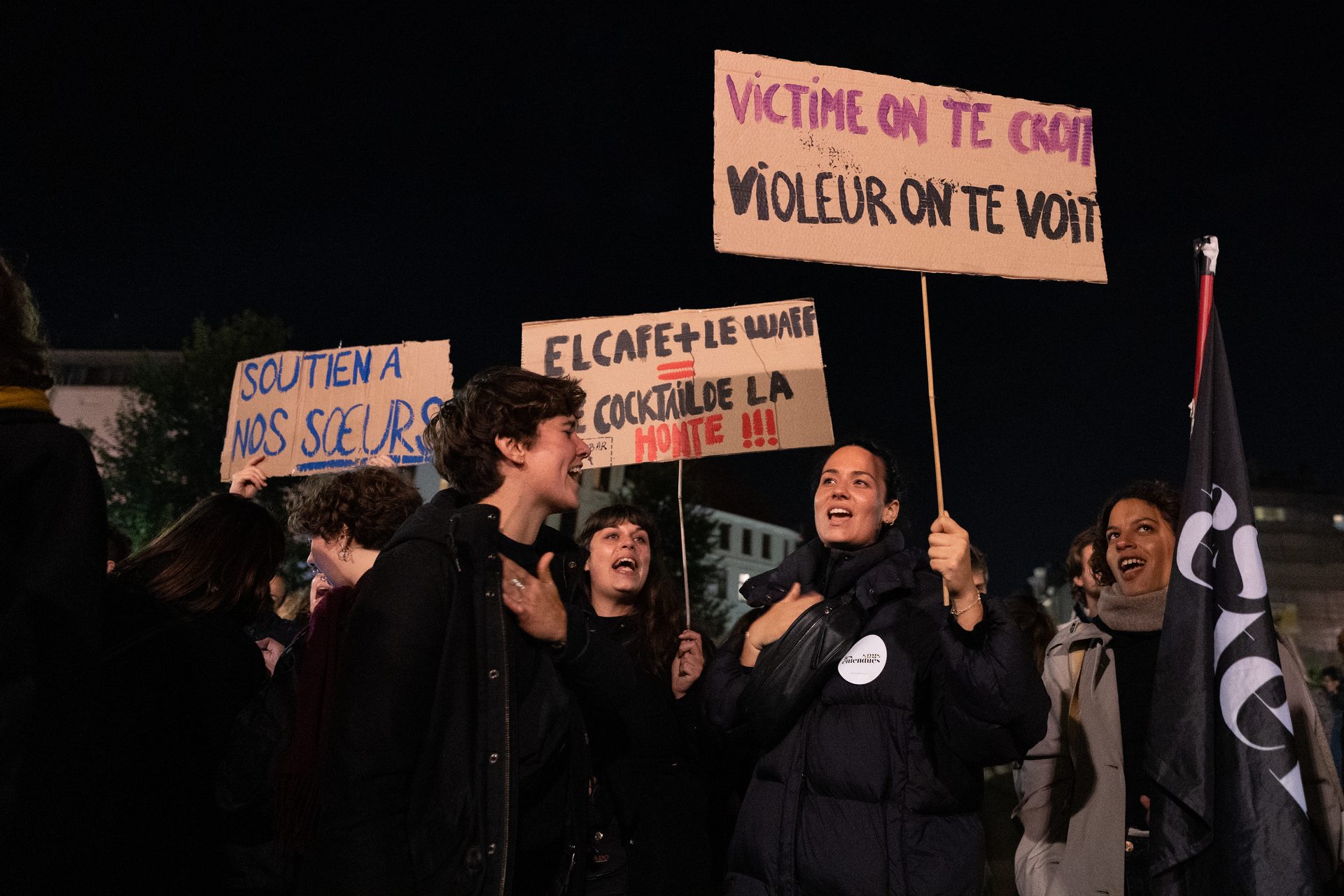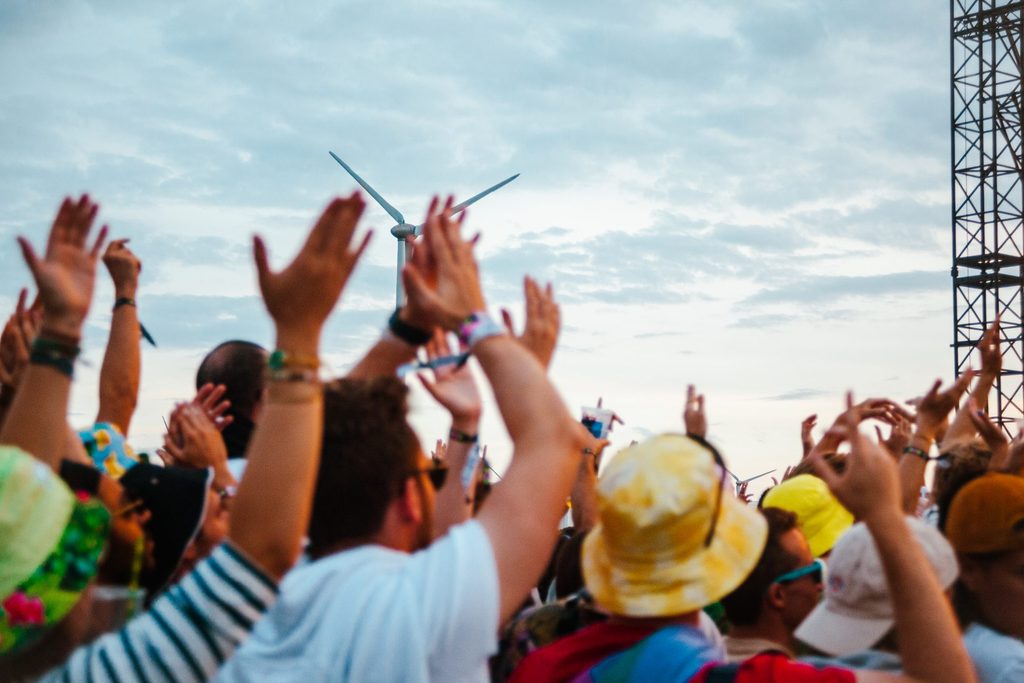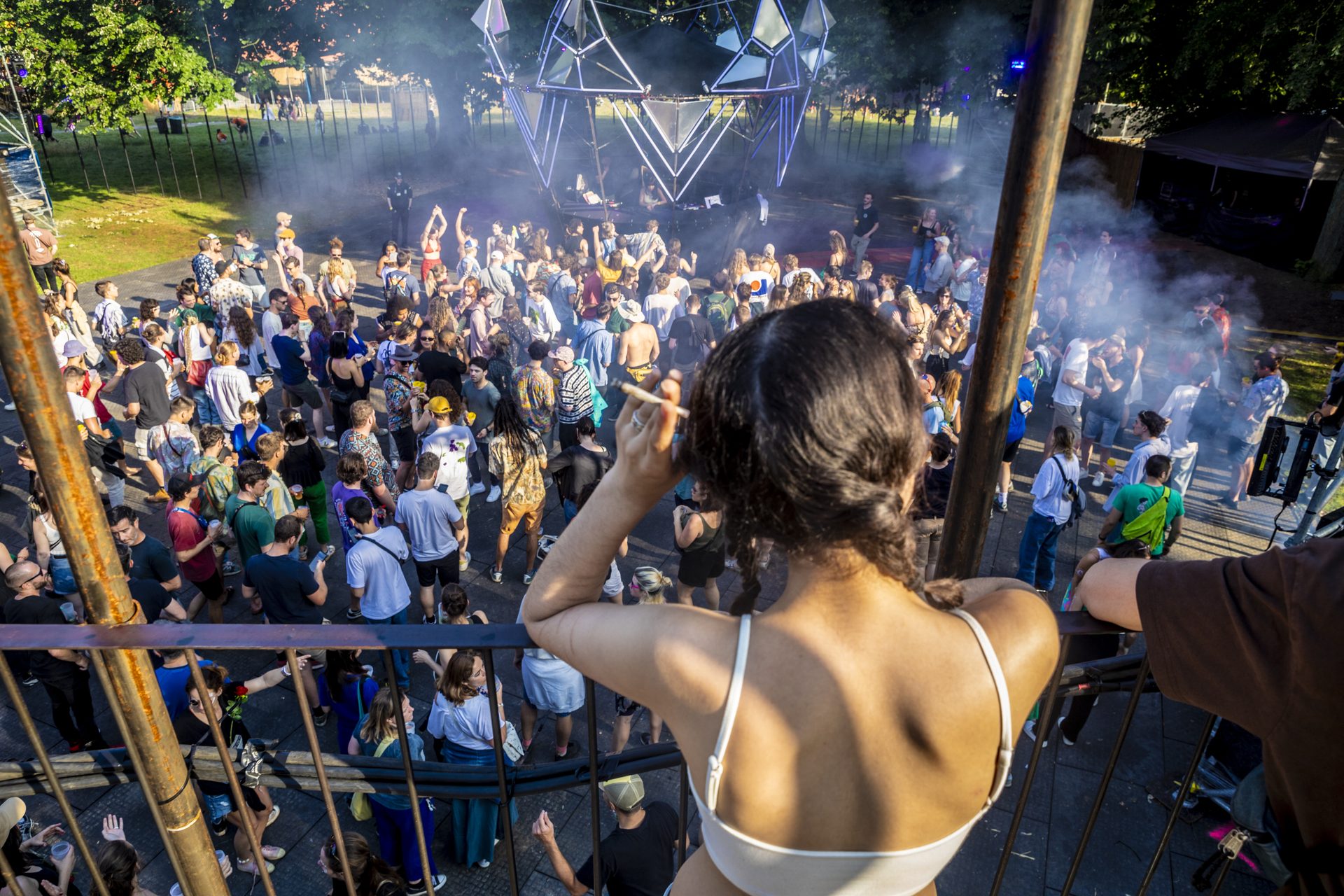As one of the countries with the best music festivals in the world, Belgium still has a long way to go to put in place effective and far-reaching responses against sexual violence during these types of events.
The summer season offers a near-endless list of festivals, ranging from international favourites like Tomorrowland or Rock Werchter to smaller boutique events like Core Festival. In light of the increased awareness of the issue, many organisers have recently started to enact plans to combat sexist behaviour and sexual violence while also aiming to improve support for victims.
Since 2021, the Balance Ton Bar movement has raised awareness of the issue in Belgian nightlife, prompting bars and festivals to take action, such as through the "Ask Angela" measure – a code word for people feeling unsafe at an event, and is designed to discretely help victims. However, a recent investigation from Vice Belgium revealed that many bars have advertised the safety measure while actually doing very little in practice.
Similar problems with safety measures exist in the festival scene, warns Plans SACHA, an association subsidised by the Wallonia-Brussels Federation to implement safety plans against sexual violence in nightlife.
Ana Seré, a project manager on festival actions at Plan SACHA, would like to see more Belgian festivals create a culture of consent on festival grounds through the implementation of effective plans. Plan SACHA is a plan to combat harassment and sexual and gender-based assaults, specially designed for the nightlife scene.
"I don’t want festivals to wait until they are engulfed in a scandal to think of a solution," Ana Seré told the Brussels Times. "It should be the same as having a protocol in case of a fire. You should always have a protocol in case of sexist and sexual violence."
One in six women is a victim
Acts of sexual violence can take place anywhere, but festive environments have been proven to be contributing factors. For example, the combination of drugs and alcohol use in huge crowds can create a sense of anonymity and shield the perpetrator.
A 2018 survey from Plan International found that one in six women was a victim of sexual harassment at a festival in Belgium and four in ten bystanders did not react when they witnessed an aggression.

Protest march following multiple testimonies of victims of sexual violence in two bars in the Cimetière d'Ixelles area in Brussels, 14 October 2021. Credit: Belga/Juliette Bruynseels
Respondents to the survey reported living through all kinds of harassment and aggressions, from voyeurism in the camping showers to physical aggression and being drugged without their knowledge.
Ana Seré, from Plan SACHA, explained that there is no recent, cross-festival data around how common sexual and sexist violence is, but that it is certainly something that happens at every event.
"If you feel like nothing is happening, most of the time nothing is happening because you have not opened the door through which women, gender minorities and people, in general, can go to talk about these issues," Seré told the Brussels Times.
Limited implementation
Two of the main organisations that help Belgian festivals enact these safety plans are the state's Care Centres for Sexual Violence (CVPS) and Plan Sacha.
This year, CVPS Brussels told the Brussels Times that they assisted only one festival with a safety plan, namely Couleur Café. The CVPS Liége worked with Les Ardentes festival, and the Antwerp CVPS received collaboration requests from four festivals but was only on-site at one festival, Graspop Metal Meeting.
"We have been sending out emails about our operation since last summer," Sarah De Schepper, the Antwerp unit manager, explained in an email. "We have only noticed since this summer that festivals are keen to cooperate more concretely."
Plan SACHA works with several festivals around the country as well. Some of their clients include Paradise City, Les Solidarités and Esperanzah.

Credit: Belga / Justin Namur
According to Anna Seré, the Belgian festival scene is missing a uniform, highly-visible support strategy, something akin to the Red Cross. In some cases, responses to sexual violence at festivals appear to be more of a branding statement. "It is like saying I want to brand the Red Cross with my name. Sexist and sexual violence is a health issue, it is a safety issue. It is not a fun branding thing that you can do," Seré said.
"In the end, we are talking about something that really needs to be taken seriously and people need to know that they will receive help of quality."
Not a problem of resources
"The funny thing is it would not take that much of a resources investment," Ana Seré pointed out. The safety measures implemented by Plan SACHA require a time commitment, rather than a great expense.
The team of volunteers that directly help sexual violence victims or raise awareness among festivalgoers has around 30 volunteers for a medium-sized festival.
The association asks festival organisers to set aside a day for training, after which they can set up a protocol to be passed to all volunteers and staff. The event's personnel already receive safety briefings, so sexual violence would just need to be added as another point on an existing list of concerns.
While it is the responsibility of festival organisers to ensure they foster a safe space and provide support, Ana Seré does encourage festivalgoers to check on what their festival is doing to tackle sexual and sexist violence.
"The main tip is to ask your festival if they are trained. And by whom." Seré explains, adding that self-training is a bad indicator. "It is beyond my understanding. This is a health and safety issue, you cannot wing it."

